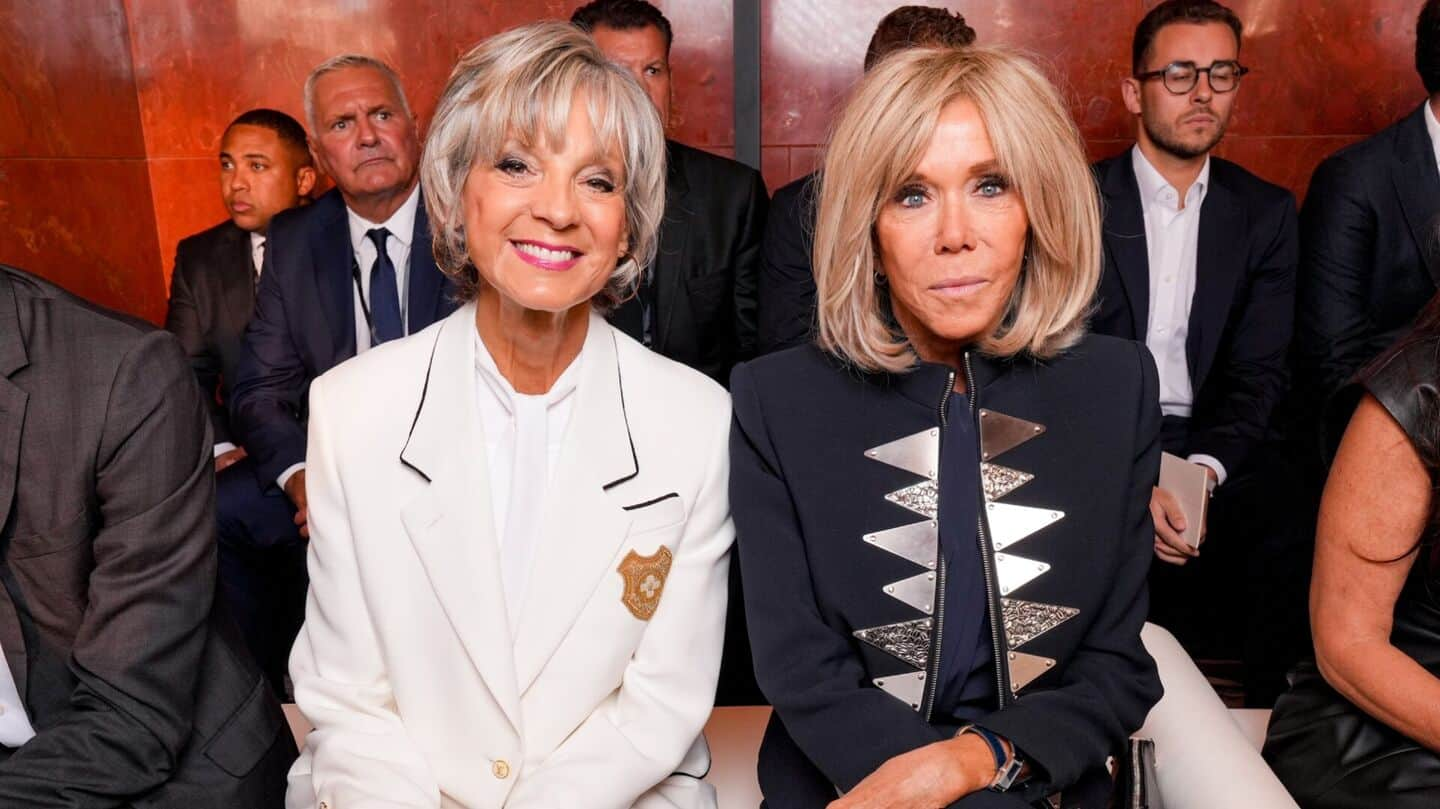
10 face trial in Paris for Brigitte Macron's online harassment
What's the story
Ten people are currently on trial in Paris for online harassment of Brigitte Macron, the wife of French President Emmanuel Macron. The defendants, aged between 41 and 60, are accused of spreading false claims that Brigitte was born a man named Jean-Michel Trogneux. The allegations include making "numerous malicious comments" about her gender and sexuality and comparing her age difference with President Macron to "pedophilia."
Court proceedings
Defendants deny all charges
The defendants have denied all charges, with some arguing their comments were meant to be satirical. Jerome A, an IT technician, said he posted about Brigitte being a man "in a satirical spirit." He questioned why he was being prosecuted for tweets and argued that powerful people like Brigitte should accept criticism. Another defendant, Jerome C, also claimed his posts were humorous and denied harassment. "Do you need a permit in France to crack a joke?" he asked.
Legal action
Macrons sue US podcaster
Separately, the Macrons have filed a defamation lawsuit in the United States against right-wing podcaster Candace Owens. The lawsuit calls out "verifiably false and devastating lies" that Brigitte was born male. It accuses Owens of spreading this "grotesque narrative," which has turned into a "campaign of global humiliation" and "relentless bullying on a worldwide scale."
Case details
Who are the defendants?
The US lawsuit clarifies that Trogneux is Brigitte's brother. He is an 80-year-old resident of Amiens and was present at Emmanuel Macron's presidential inaugurations in 2017 and 2022. The defendants include Aurelien Poirson-Atlan, a publicist known as "Zoe Sagan," and Delphine J, a self-proclaimed spiritual medium. Delphine had previously posted an interview alleging Brigitte was once a man named Jean-Michel Trogneux.
Appeal outcome
Previous rulings in the case
In 2024, Brigitte and Trogneux were awarded damages, but a conviction against Delphine was overturned on appeal. The appeal court ruled that the case did not meet the definition of defamation without confirming or denying the truth of the claims. The Macrons have since taken their case to France's highest appeals court, the Cour de cassation.